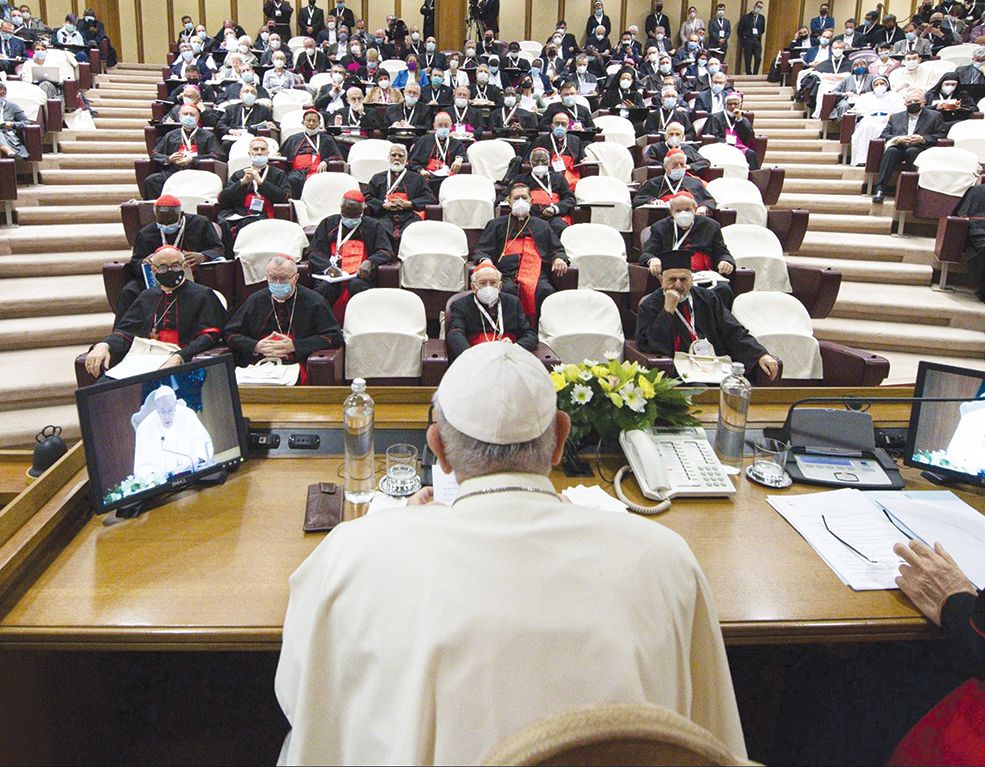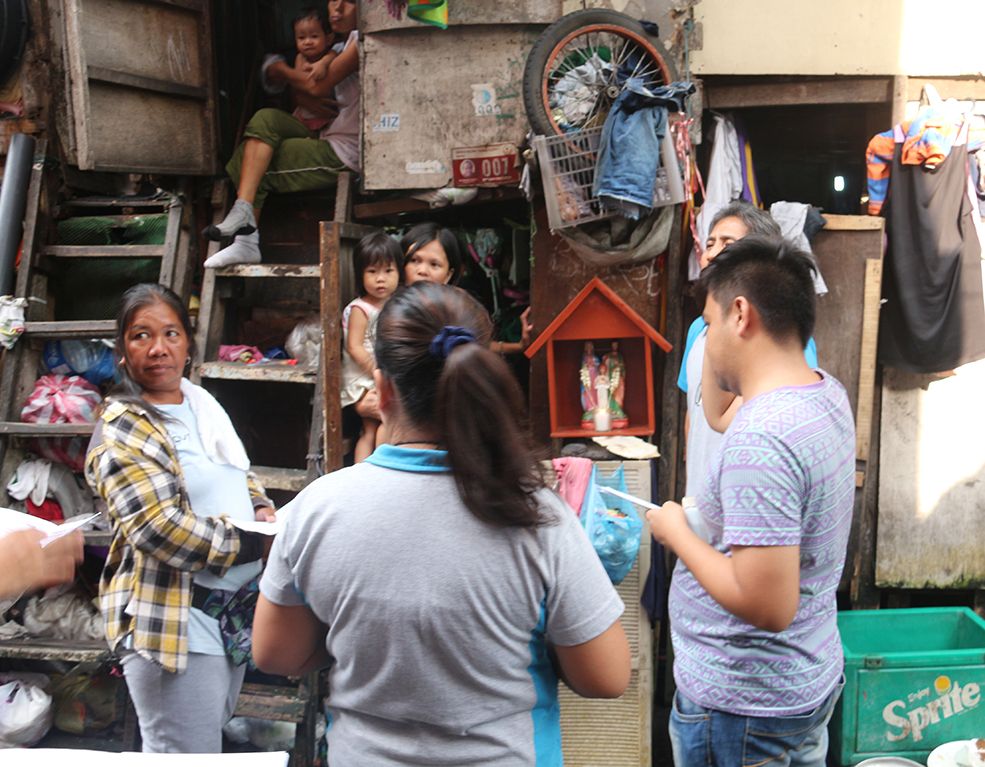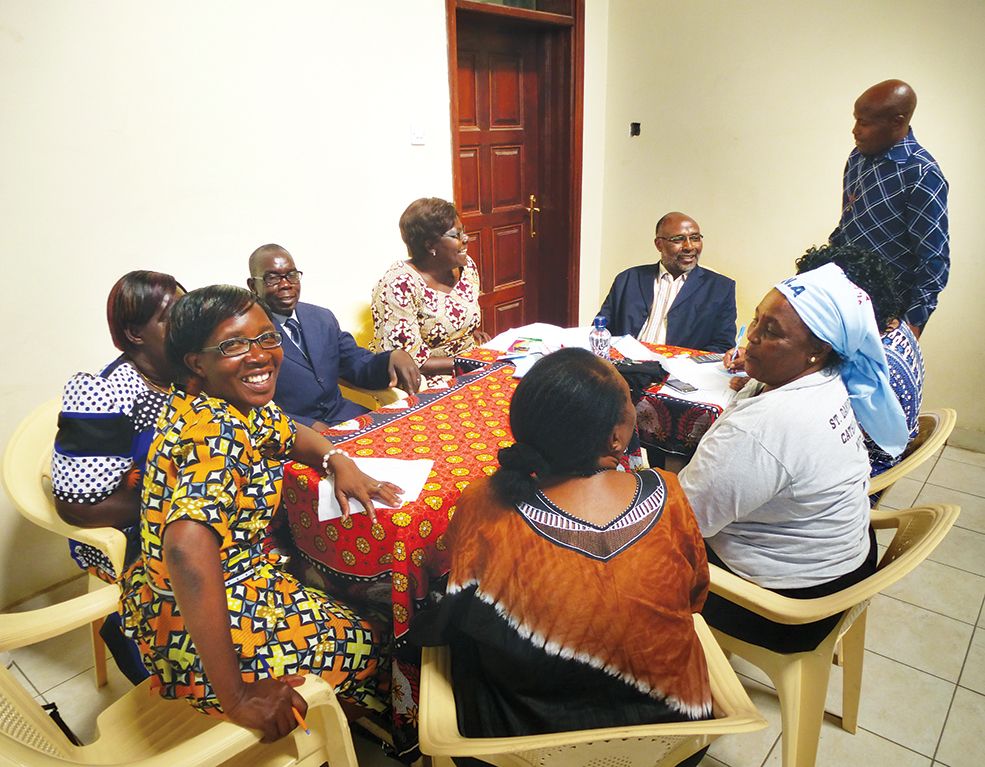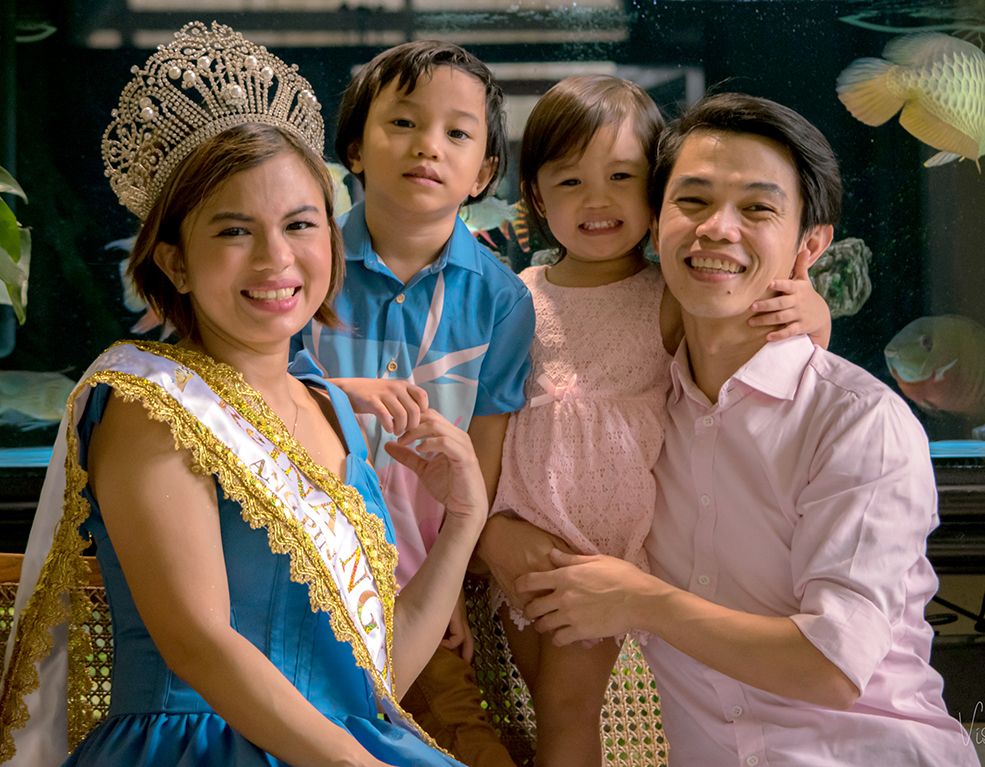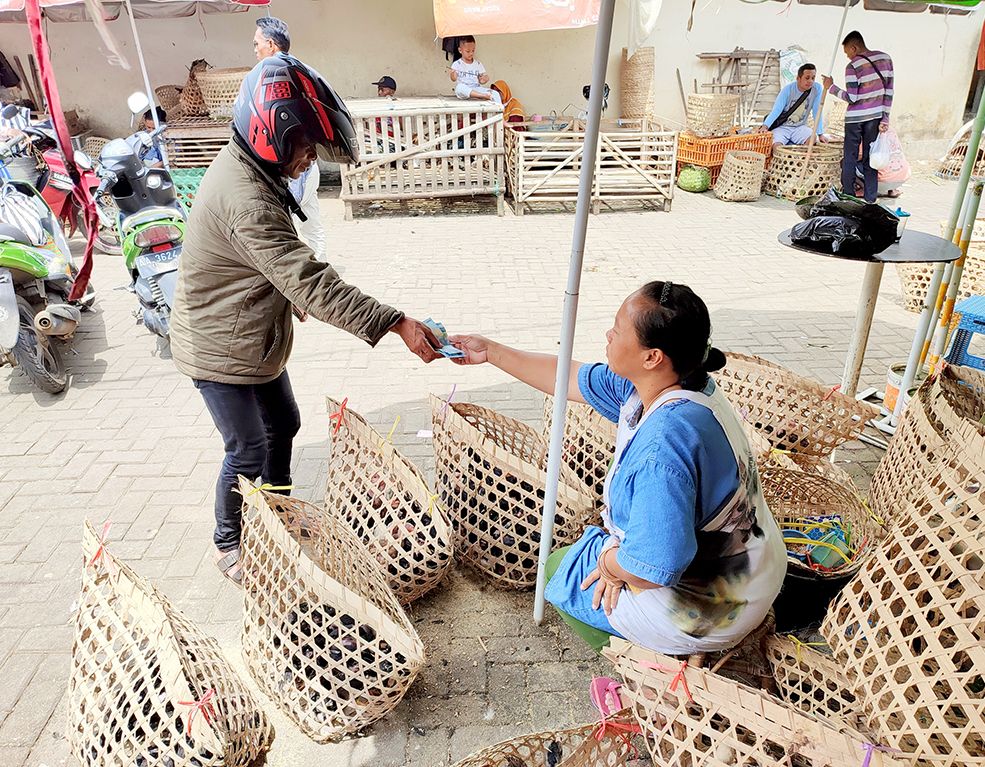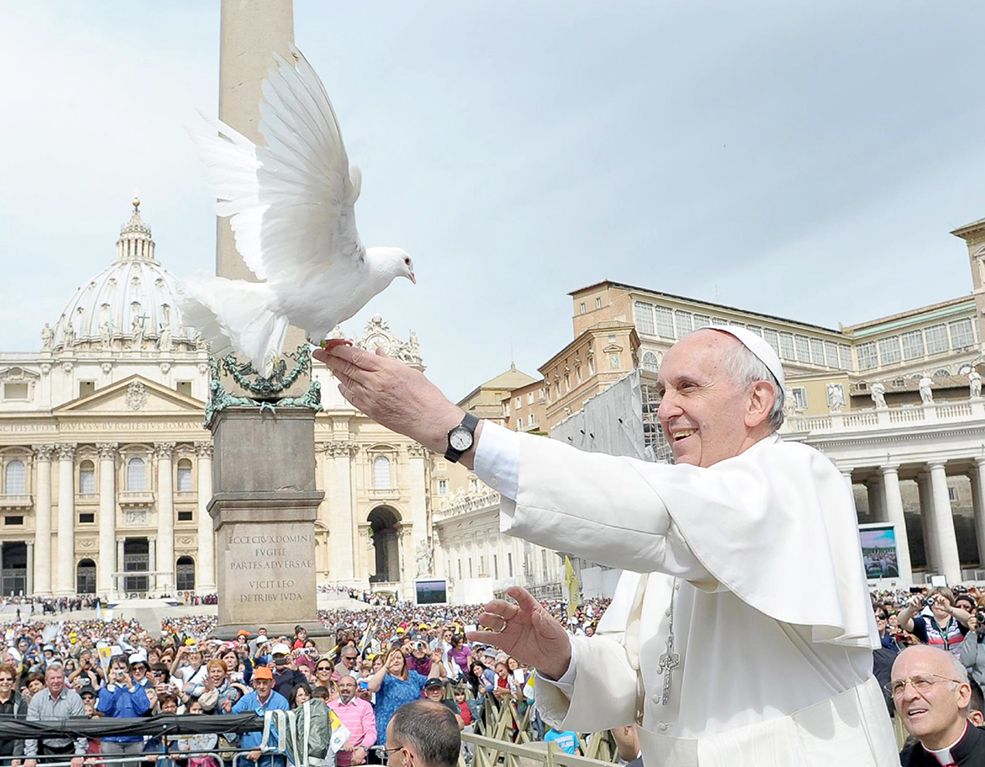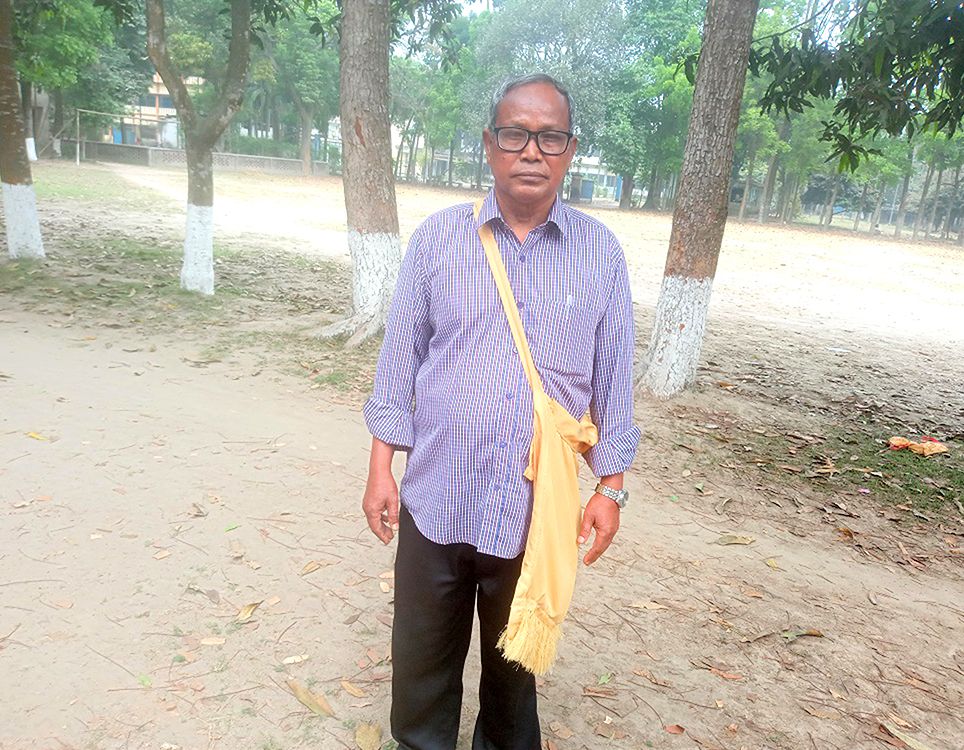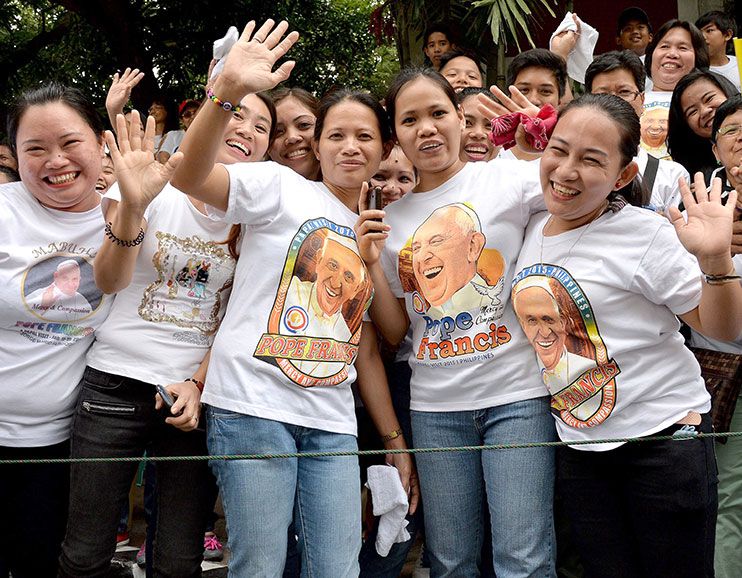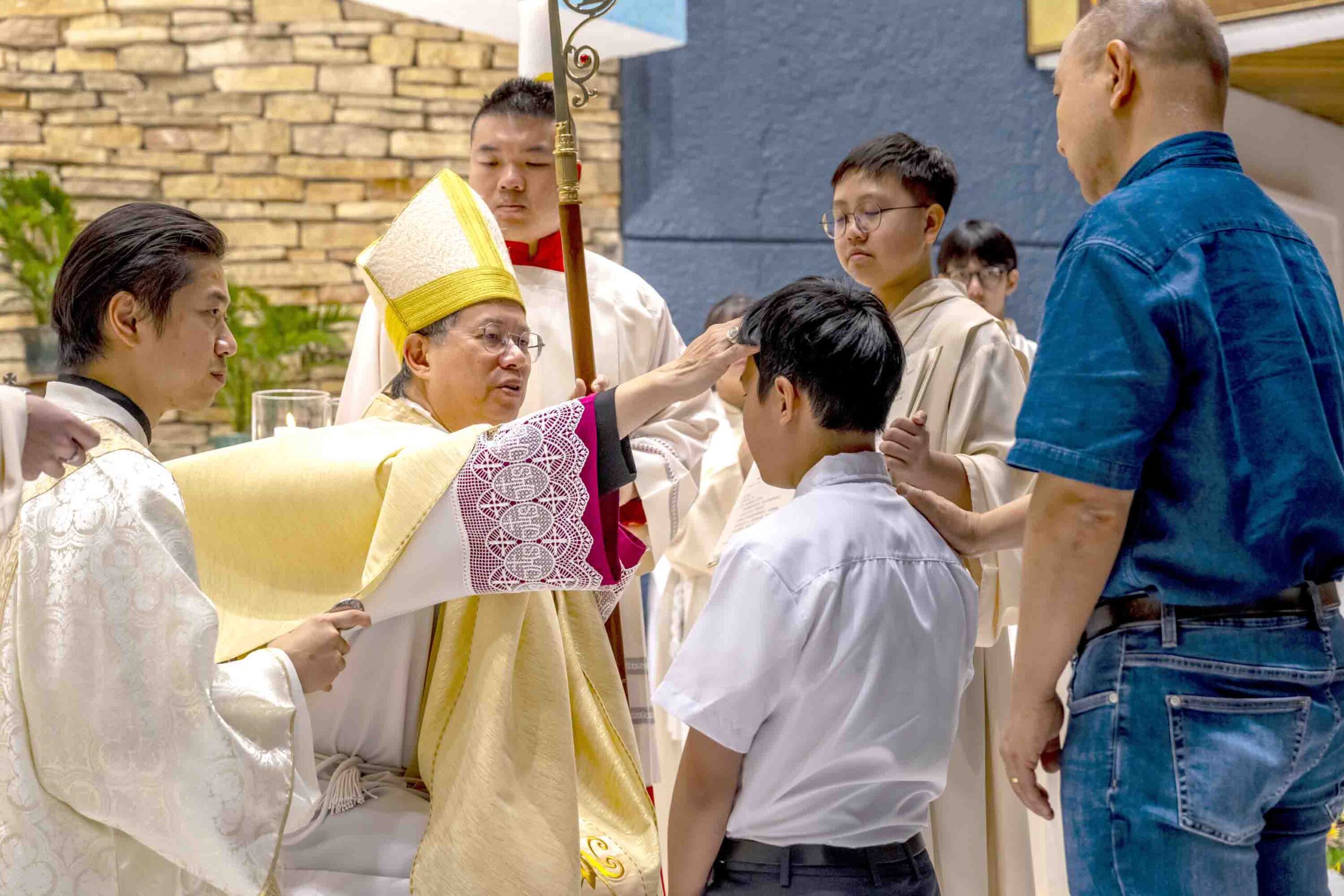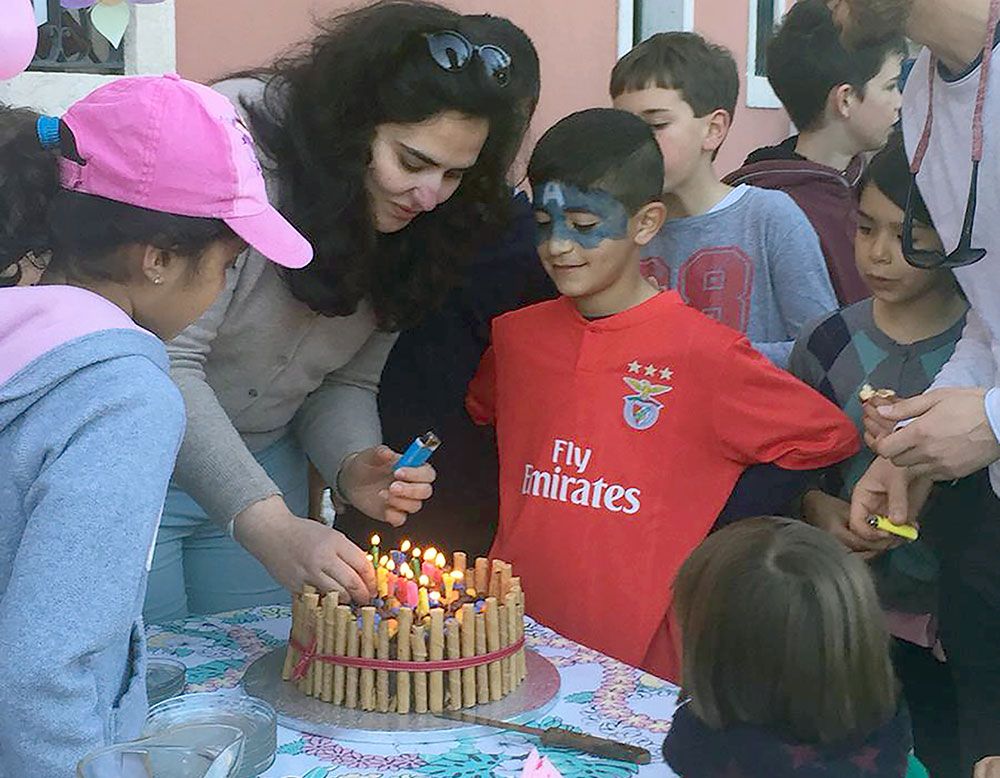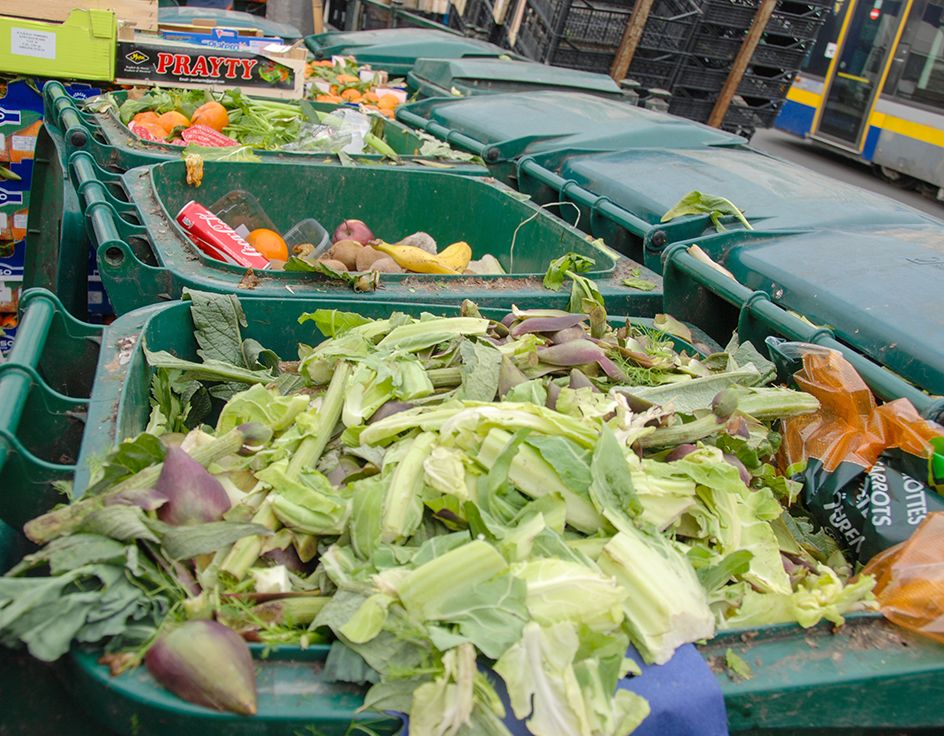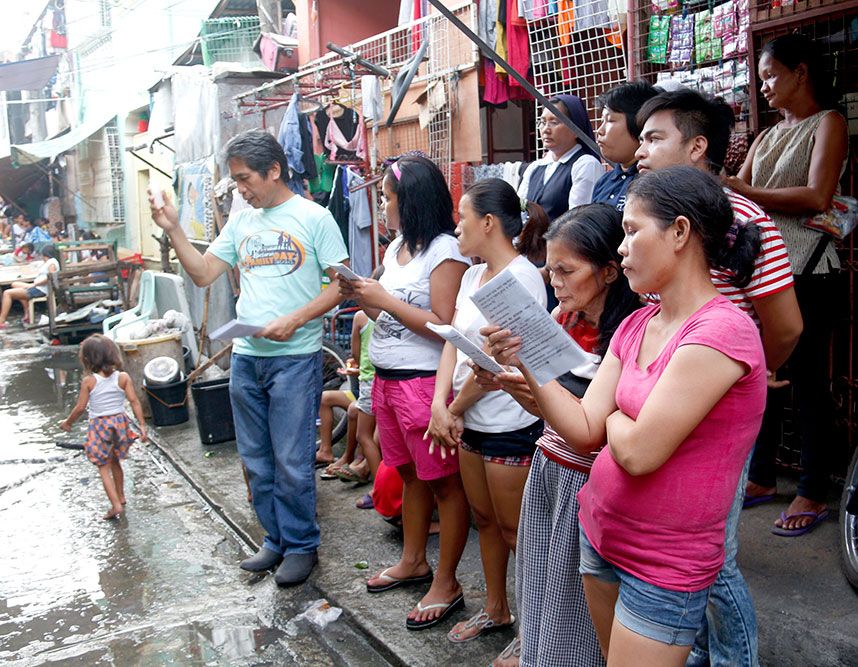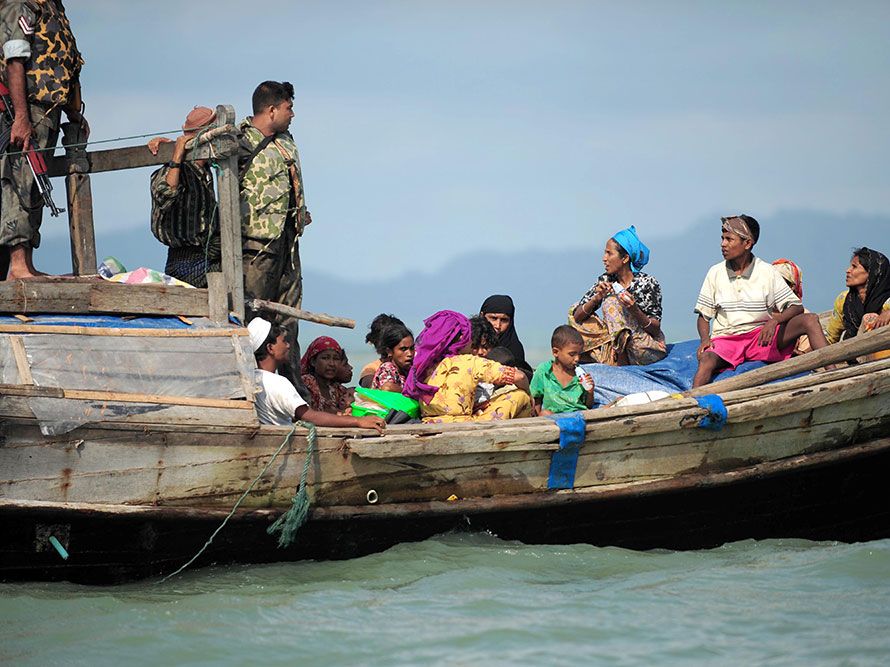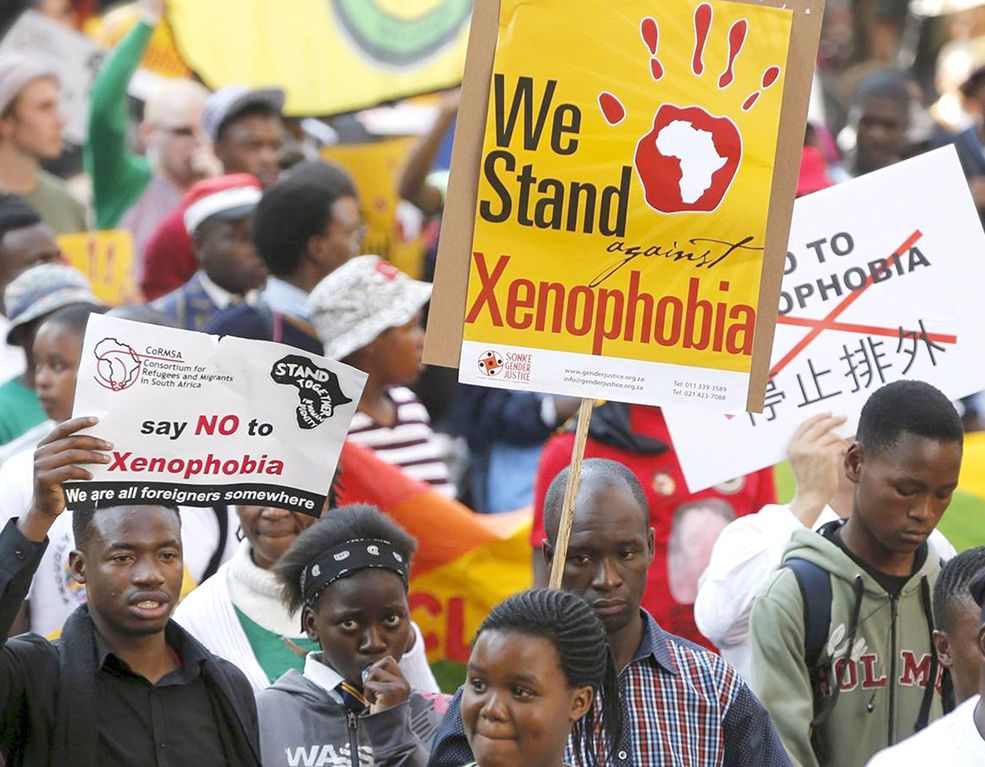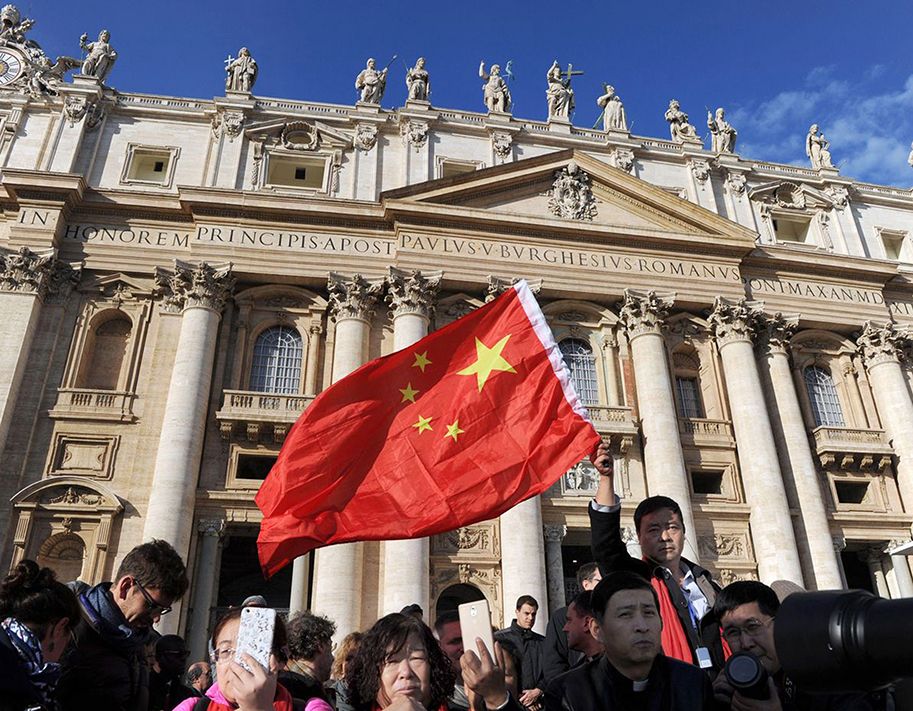Synodality means “walking together.” It is a word that captures what the Church has been looking for since Vatican Council II with the ecclesial aggiornamento (updating) but above all, with the model of the “People of God” that the dogmatic constitution Lumen Gentium defined for the church.
Francis is called the pope of the “Ecclesial Spring,” precisely because of his efforts to revitalize the Council and recover its fundamental lines, including the proposals for this synodal path: “Communion, participation, mission.”
This invitation to synodality refers to the synodal way of “being” and “acting” of the Church. That is why we ask ourselves in this reflection: what are the conditions for the experience of synodality? What does “communion, participation, mission,” the objectives of this synodal experience, imply? How is “meeting, listening and discerning” carried out?
Conditions For Living Synodality
The Synod on synodality intends to be an experience to be lived and not so much an assembly to prepare a document. Our premise, then, is the urgency of rethinking the fundamental dignity of all Church members and how to situate ministries within that ecclesial body.
The fundamental sacrament in the Church is Baptism. Through it, we all share in the priesthood, prophecy, and kingship of Jesus Christ himself. However, in the model of the pyramidal Church, which was constituted and persists until today, the sacrament that is considered most important is that of Order. Thus, the Church is structured in the form of a pyramid, where the bishop presides over it, and after him, all the others follow in descending order: priests, deacons, consecrated women and men, laymen and women.
Two fundamental conditions are therefore necessary to live synodality: that the clergy descend from this pyramid and recover their first and fundamental vocation: to be baptized; that laypeople take ownership of the vocation they have received and develop it fully.
Regarding the first aspect, the Pope insisted throughout his pontificate on the need to put an end to “recalcitrant clericalism.” He even said that “no one has been baptized as a bishop or a priest.” The image of an inverted pyramid where those who considered themselves at the top must place themselves below all others to serve is a radical image of understanding ordained ministry: its only dignity is that of service.
This also presupposes an awareness of the sensus fidelium (the sense of the faith of the people of God), which Francis explains in his letter to Cardinal Ouellet (2016), on the participation of the laity in public life: “The holy faithful people of God is anointed with the grace of the Holy Spirit, therefore, when reflecting, thinking, evaluating, discerning, we must be very attentive to this anointing.”
The experience of synodality presupposes that everyone–clergy, lay people, religious life–live the fundamental equality of Baptism, all share in the same Spirit, all are responsible for the ecclesial journey. Naturally, each one with their specific charisms and ministries always lived for the service of the common good.
Objectives: Communion, Participation, Mission
The synod intends to be a space of communion, participation, and mission, which is built on the basis of two questions raised in the preparatory document: how does the “walking together” allow the Church to announce the Gospel? What steps does the Spirit invite us to take in order to grow as a synodal Church?
These questions are the starting point for the realization of synodal objectives, insofar as they are carried out with the depth, breadth, and sincerity they demand. The words of Spanish theologian Cristina Inogés can help to cultivate the attitude necessary to begin this journey: “The best places in the Church are not those that are exclusive and those that separate, but those that, through service, lead to forgiveness, reconciliation, and encounter. It is good and healthy to correct mistakes, ask forgiveness for crimes committed, and learn to be humble. We will certainly experience moments of pain, but that pain is part of love. And we suffer for the Church because we love her.”
Concerning the first question, the most advisable thing is to answer with the sincerity necessary to recognize what was not done. This does not negate the fact that there are also successful synodality experiences, which should be kept in mind when answering this question–each diocese will be able to name its own. However, it is fair to say that, in general, this has not been the most common practice.
Regarding the aspect of participation, the synod challenges us to open up to society and to involve ourselves on a massive scale, especially for those who do not have a voice in ecclesial spaces. Each diocese must exercise its creativity and its power of convening to listen to all those who do not participate in the life of the Church and, above all, those excluded from society.
The third category, mission, is the horizon towards which we are invited to look so that the synod can bear fruit for the world. In this sense, Francis said that we cannot fall into the temptation of formalism, intellectualism, and immobility. We can do many “surveys, consultations, questionnaires, meetings”– formalism. We can continue to repeat the doctrine of the Church without descending to life-intellectualism. We can conclude that all is well and nothing new will emerge–immobility.
In short, these temptations can be overcome if we accept Francis’ call to be a Church on the way out, which is not afraid of being hurt or having an accident: “I prefer a Church which is bruised, hurting and dirty because it has been out on the streets, rather than a Church which is unhealthy from being confined and from clinging to its own security” (Evagelii Gaudim, n. 49).
Meet, Listen, Discern
As we have said, the main objective of the synod is not to prepare a final document, but to carry out an experience of synodality involving the whole Church and listening to “the concerns and hopes of each Church, of each people and nation, and also listening to the world, to the challenges and changes that it puts before us,” as Francis said at the opening Mass of the launching of the Synod. To carry out this process, which will last until mid-October 2023, the Pope has indicated three actions: meet, listen, discern.
– Meet. It requires attention, time, and availability to meet the other, to allow ourselves to be challenged by their concerns, and even to change our lives. We are called to become experts in the art of encounter and not in organizing events or proposing a theoretical reflection on problems. And meeting in the Spirit: a time of prayer, adoration, fixing ourselves on the faces and words of the other, meeting face to face, letting ourselves be touched by the questions of our brothers and sisters.
– Listen. Listen with your heart and not just your ears. When listening with the heart, the other feels welcomed, not judged, free to tell his own life experience and his own spiritual path. Allow others to express themselves, not be judged or rejected. Let us listen to the questions, the concerns, the hopes of each Church, of each people, of each nation. “Let us not make our hearts soundproof, let us not shield ourselves in our certainties. Often certainties close us in on ourselves. Let’s listen to each other.”
– Discern. The attitudes referred to above are aimed at discernment, which implies a confrontation with the Word, emptying ourselves of what has always been done in order to open ourselves to the newness that the Spirit brings us, questioning us about what God wants to say to us in this time and about the direction in which He wants to lead us.
By Way Of Conclusion
The great challenge on this synodal path will be to create a culture of ecclesial consensus, capable of manifesting itself in styles, events, and structures that will give rise to a new ecclesial way of proceeding for the Church of the third millennium. The Synod is an opportunity for pastoral conversion in a missionary key. It is the responsibility of all of God’s people not to miss this opportunity for conversion, renewal, and change.

